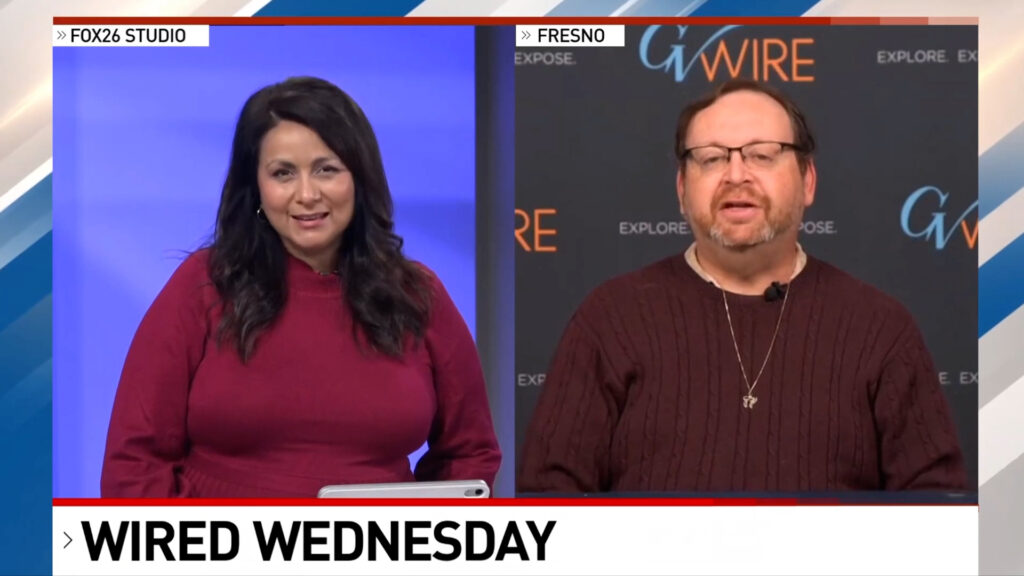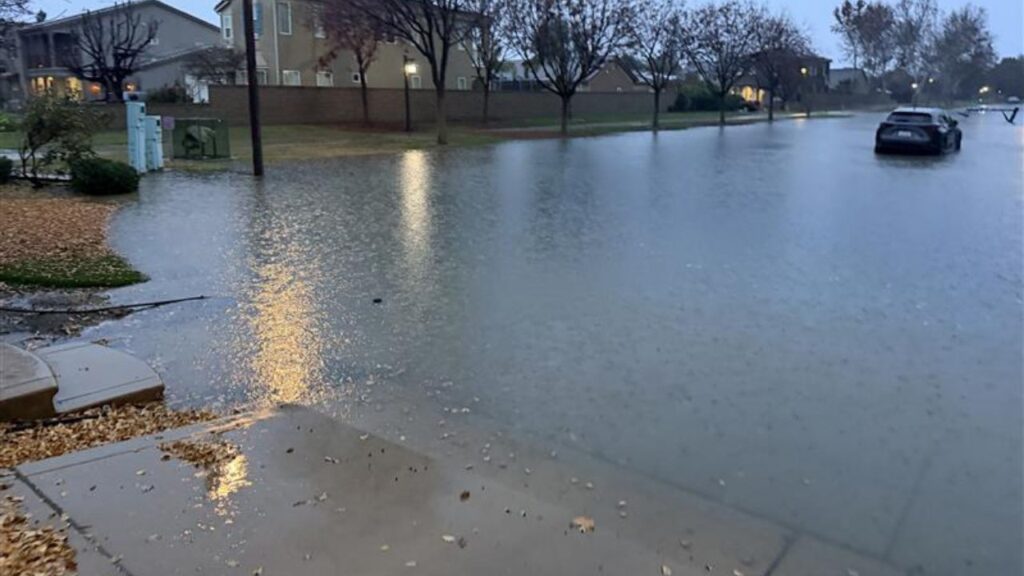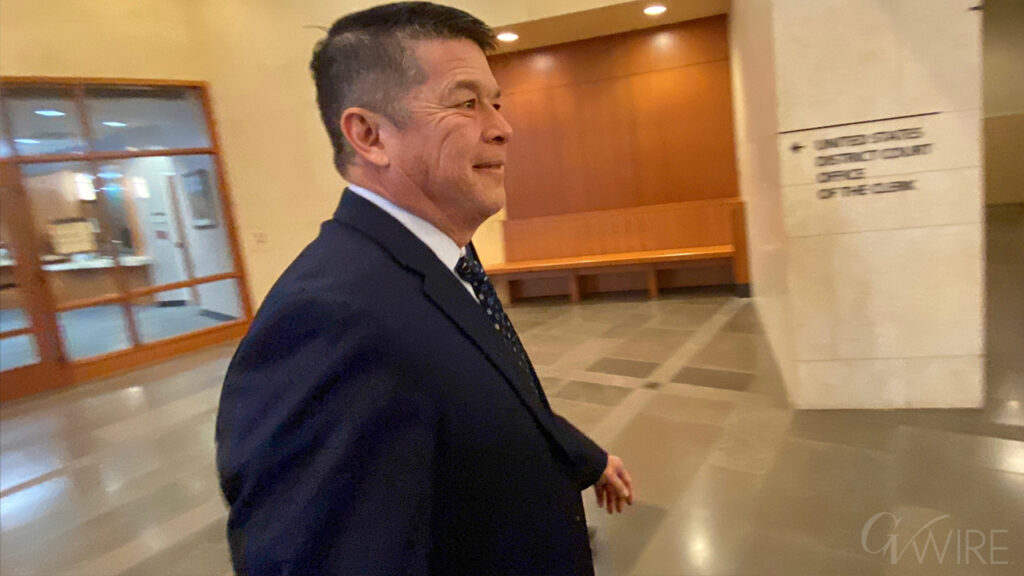Share
|
Getting your Trinity Audio player ready...
|
California has a new unemployment and disability payment contractor after the state’s multi-billion-dollar pandemic fraud panic.

Lauren Hepler
CalMatters
The Employment Development Department hopes it will be the end of an era of brazen scams, which wreaked havoc for laid-off workers and fueled police busts involving stacks of ill-gotten debit cards issued at the department’s direction by then-contractor Bank of America.
EDD tells CalMatters that on Monday it plans to begin notifying 850,000 benefit recipients of the new payment provider: Money Network, an electronic payment company owned by finance tech company Fiserv.
Money Network may sound familiar; it was also tapped by the federal government and Gov. Gavin Newsom to pay out COVID-era stimulus funds, which attracted its own waves of debit card scams.
Money Network won the EDD contract after a competitive bidding process. It comes as the agency embarks on a five-year, $1.2 billion tech overhaul known as EDDNext.
The contract will primarily be paid for through a debit card revenue-sharing agreement, similar to the EDD’s previous deal with Bank of America. The agency will also pay $32 million over five years for Money Network to offer a long-discussed direct deposit option to workers’ bank accounts, which the EDD says will launch in spring 2024.
New Debit Cards Coming in Mid-January
In mid-January, people receiving unemployment, disability, and paid leave benefits from the EDD will be mailed new Money Network debit cards. Payments will officially begin on these cards on Feb. 15. Anyone who still has a Bank of America EDD debit card will have until April 15, 2024, to spend the money.
In the meantime, fraud analysts tracking an uptick in attacks on government benefit debit cards — not just California’s unemployment program, but also food assistance and others — will be watching to see what lessons have (or haven’t) been learned from the pandemic. The new EDD cards will include both security chips and tap-to-pay options common in consumer credit cards.
Still, the EDD is advising cardholders to be vigilant: “Beware of scammers. We will never request your personal information by text message, e-mail, or on social media.”
About the Author
Lauren Hepler is an investigative reporter for CalMatters, where she has covered issues including breakdowns in pandemic unemployment programs and shifting state demographics. Lauren was previously a staff housing reporter for the San Francisco Chronicle. Lauren studied history at George Washington University and holds a master’s degree from UC Berkeley’s Graduate School of Journalism.
About CalMatters
CalMatters is a nonprofit, nonpartisan newsroom committed to explaining California policy and politics.
RELATED TOPICS:
Categories

Fresno County Firefighters Contain Reedley House Fire

















